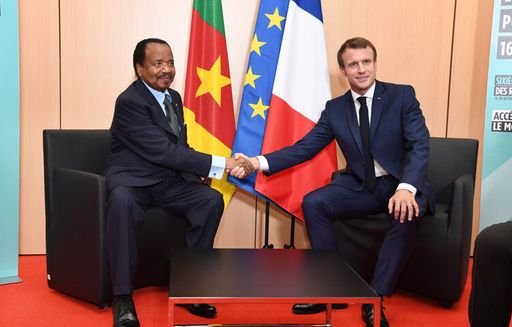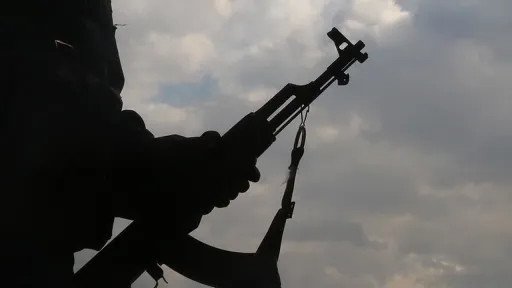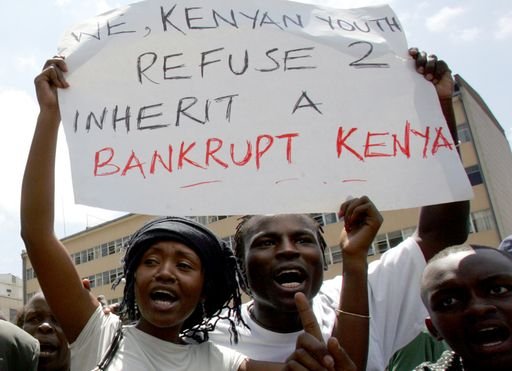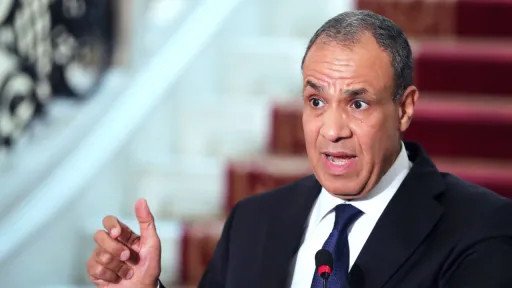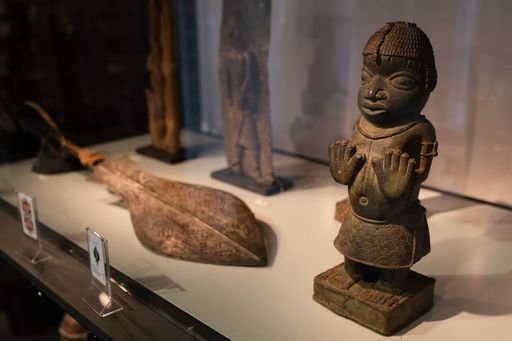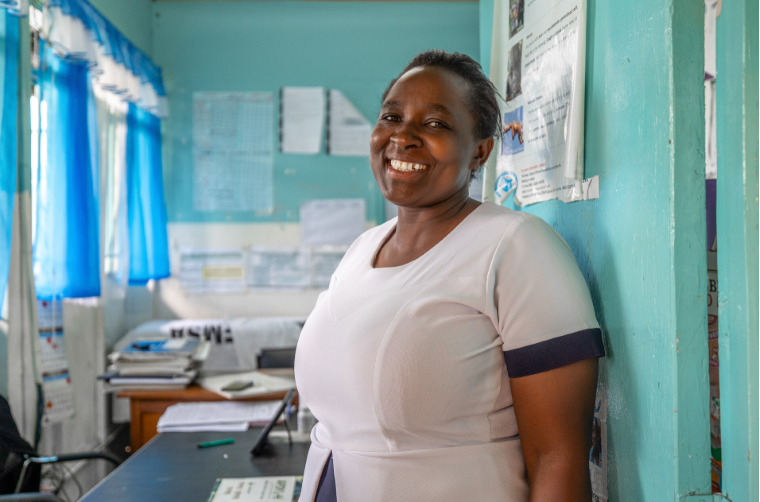France kept its brutal military operations in Cameroon couched in the ambiguity of bureaucratic lexicon for decades.
What the French government termed “operations to maintain order” were, in reality, violent suppressions in which many of those at the vanguard of Cameroon’s struggle for independence were killed, while hundreds of thousands were herded into internment camps.
Now, a letter from French President Emmanuel Macron to his Cameroonian counterpart has spilled out this carefully guarded secret.
The letter, made public last week, marks the first time France has officially acknowledged using “repressive violence” in the Central African nation.
While Macron stopped short of apologising for the atrocities, his admission represents the latest attempt by France to reckon with its colonial past, coinciding with the steady erosion of its influence across former African colonies, particularly in the Sahel region.
“What is happening now is not enough. We are not jubilant yet. These are verbal opinions from President Macron, but the people want to see more,” Cameroonian historian, Dr Therence Atabong Njuafac, tells TRT Afrika.
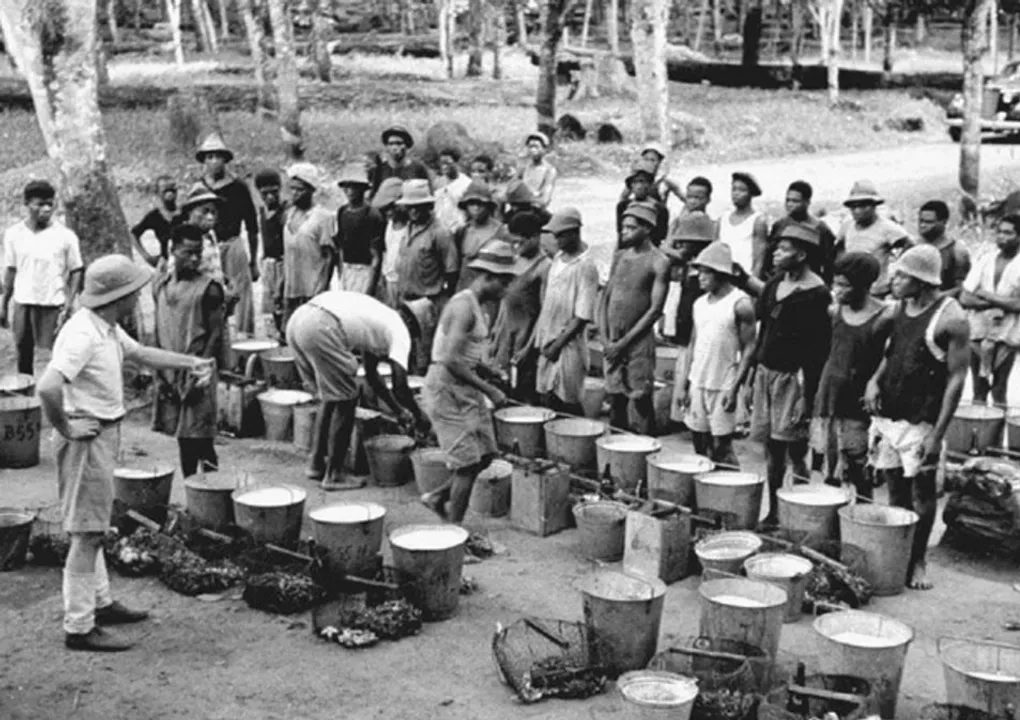
The scale of France’s actions in Cameroon remained largely unknown all these years, even to many French citizens. The veil of secrecy extended to assassinations and mysterious disappearances, both of which were commonplace at the time.
These details only emerged this January when Cameroonian and French historians released an official report based on newly declassified documents and archival research covering events in the 1950s and 1960s.
“(Macron’s letter) signifies that what we were learning about our history might not be true at all. The history of Cameroon was distorted to an extent. People were learning something that wasn’t truthful,” says Dr Atabong, whose book Cry of Cameroonians has been described as “a compelling reflection of a people caught between hope and hardship”.
Shattering the silence
The story of Cameroon’s colonisation began in the late 19th century when European powers, including Germany, Britain, and France, scrambled for control of African territories.
The Berlin Conference of 1884-1885 marked a turning point, with Germany establishing control over Cameroon.
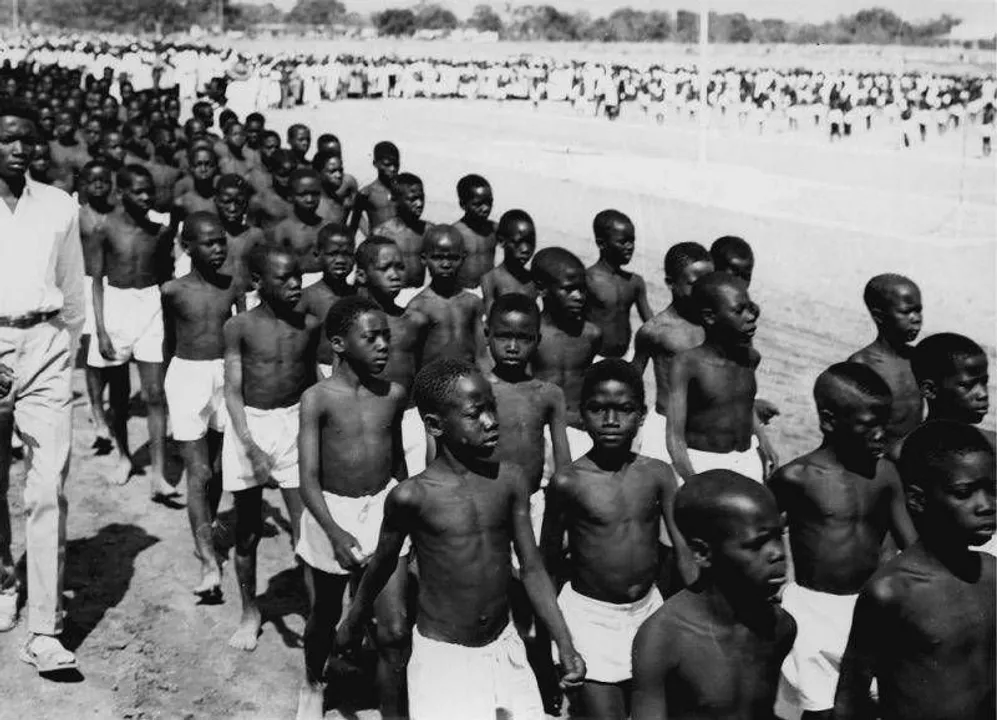
However, after the defeat of Germany in the World War I, Cameroon was mandated to Britain and France, with the British controlling the western regions and the French controlling the eastern regions.
On 1 January 1960, French-ruled Cameroon gained independence. In 1961, the British and French-controlled territories of Cameroon were joined together. Ahmadou Ahidjo was the first Cameroon’s leader after independence.
Historians view Macron’s acknowledgement of French atrocities as a seminal moment that could give Cameroonians insights into their chequered history of colonialism.
By the time Cameroon gained independence from France in January 1960, French forces had killed key independence leaders like Isaac Nyobè Pandjock, Ruben Um Nyobè, Félix-Roland Moumié, Paul Momo and Jérémie Ndéléné.
Much of what happened back then either vanished from official historical accounts or was never included.








